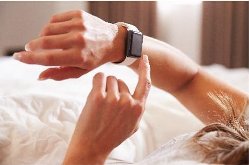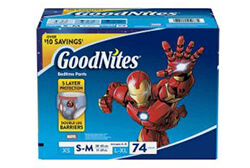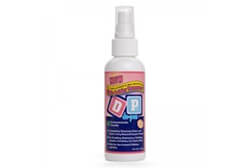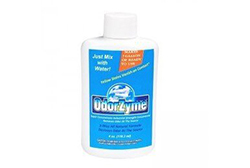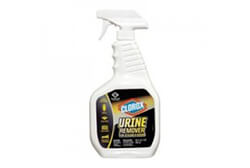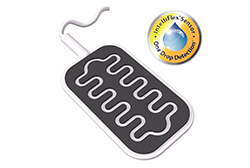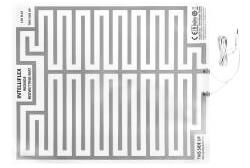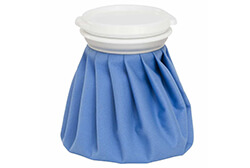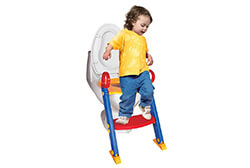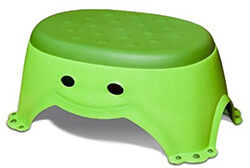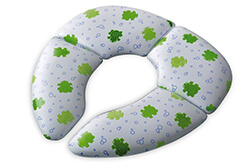Bed Time is Not All About Bedwetting
Last Updated on February 17, 2023 by One Stop Bedwetting
Remember those first few months, when you started creating a calming and positive environment with books, music and bottles and massage to tell your little one that it’s time to go to bed. Well, that little one is all grown up now but is still wetting the bed at night while he/she sleep. We need to know that the urine is liquid waste from body. The brain works with the bladder to control when to release urine. At first, infants release urine in an uncontrolled way by a simple reflex. By age 6, 70% of children can control their bladder both day and night. If they have to use the bathroom at night, they will wake up and go but few children have nighttime as well as day time wetting problem.
But the importance of bed time is still the same for him or her or may be even more, particularly if he or she is bed wetting.
For many parents bed time is a perfect opportunity for them to bond with their child. If you have a child who is bed wetting, you might want to use bed time for addressing the problem. It is a good idea to talk to your child about what is bed wetting, its causes, treatments and symptoms. You can explain them how a Bedwetting Alarm works that can help them stop bedwetting permanently. They can choose between Wearable Bedwetting Alarms or Bedside Bedwetting Alarms according to their convenience
You may want to pick a bedwetting book that talks about bed wetting or bladder control or for share your success story or that of a close relative who was a bedwetter. Sharing first hand experiences will help your child understand that bed wetting is not his or her fault and may even help him or her to open to you about any emotional stress that is arising out of this situation.
If your child suddenly started wetting the bed after being dry, bed time talks might help you figure out the potential cause of bed wetting. The behavior that a child indulges in when in stress can cause them to wet. For e.g. emotional stress arising out of moving or divorce of parents or arrival of new sibling may cause child to seek comfort of food such as salty snacks that can lead to fluid retention and if the small bladder, it can result in bed wetting.
However, don’t make bed time a bedwetting talk time. The key is to striking the balance — neither should you ignore the problem nor spend every minute talking about it. Give your child an opportunity to talk about other normal childhood activities and milestones as well. Your goal should be to involve your child to find a solution that can help achieve dryness, not to overwhelm him or her.








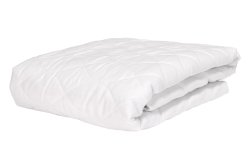 Our #1 Top SellerIdeal for Daily Use
Our #1 Top SellerIdeal for Daily Use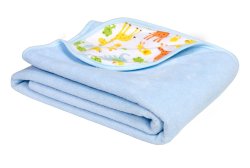 Premium Quality BeddingSoft and Comfortable
Premium Quality BeddingSoft and Comfortable Premium Quality BeddingLarge Urine Absorption
Premium Quality BeddingLarge Urine Absorption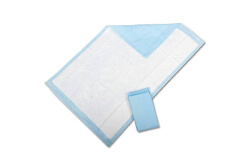 AFFORDABLE PRICECHANGE DAILY AS NEEDED
AFFORDABLE PRICECHANGE DAILY AS NEEDED
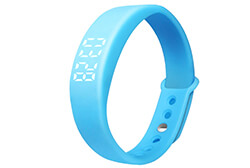 Sleek, Stylish and Affordable Watch
Sleek, Stylish and Affordable Watch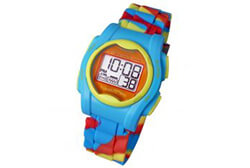 Multi-Function Watch with Numerous Features
Multi-Function Watch with Numerous Features Recommended watch for teens and adults
Recommended watch for teens and adults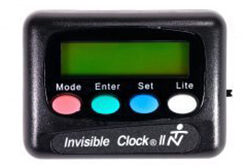 Perfect for medication and other reminders
Perfect for medication and other reminders